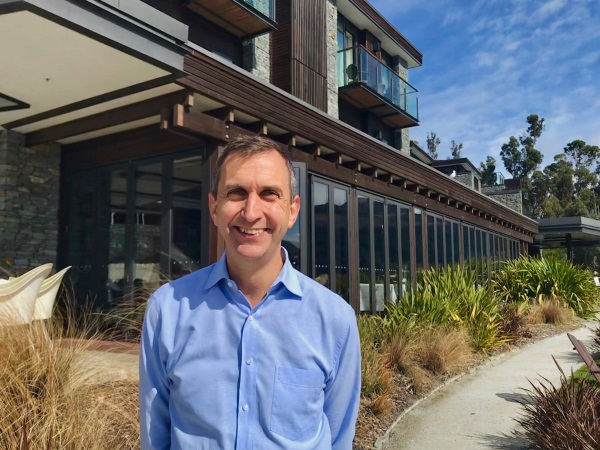
The resort’s hospitality sector is facing its worst crisis just as international visitors finally return.
Already desperately hanging on to overworked staff, many operators will have to pay unsustainably-high hourly rates to migrant labour to keep businesses open.
And, in a double whammy, they face losing existing staff the minute they qualify for Kiwi residency.
There’s evidence the resort’s already suffering.
Restaurants are restricting their hours and days of operating, and often menus, while some hotels are telling guests they won’t be able to clean their rooms — and offering incentives to discourage daily housekeeping — during stays.
For many operators, having to pay $27.76 an hour for entry-level staff may be the straw that breaks the camel’s back.
Understandably, the government wants employers to hire Kiwis, but despite constant advertising, it’s been proven time and again they don’t want to come here, almost regardless of pay rates.
Crippling staff shortages bite for Queenstown hospo venues
As Hospitality New Zealand Queenstown regional manager Darelle Jenkins says, there are currently more vacant jobs in Queenstown alone than there are ratepayers here.
Novotel hotelier Jim Moore says it’s hard enough to attract Kiwis to hotels in his chain close to big centres, ‘‘so getting them down here where they’re away from their family and housing’s a bit more expensive, it’s all a bit of a challenge’’.
Without Kiwis, the industry’s been told it can rely on working holiday visa-holders to fill entry-level jobs like waiters and kitchenhands.
But that’s not working, either.
Hospitality NZ chief executive Julie White last week revealed though 18,000 people had had their working holiday visas renewed, only about 73 had entered the country.
And of those granted new visas since March 24, only 142 have arrived, she says.

And, because the visas are valid for 12 months, there’s little chance to upskill them.
Down the track, that’ll lead to staff shortages across the board given the career progression pipe line’s drying up.
Transition period required
For entry-level roles, employers from July 4 may be forced to hire non-Kiwis on ‘accredited employer work visas’, meaning paying them the median NZ wage of $27.76 an hour.
Ehmann says existing staff paid less would, in fairness, need to be bumped up to that rate, too.
‘‘Many smaller private businesses who have poured their life savings in to survive Covid will find this new environment unsustainable financially.’’
Millbrook hotelier Brian Howie, the hotel sector’s former regional chair, says ‘‘we cannot realistically be paying $58,000 a year for entry-level roles’’.
‘‘This is just nonsensical for business.

His industry, he says, is ‘‘trying its best to pay higher wages, but we need a transition period before this is introduced’’.
Having only learned of this new rate in March, ‘‘we’ve had very little time to consult with government or lobby or talk to them’’.
White’s also calling for ‘‘a transition programme’’.
Hospo’s done it the hardest through Covid, she says.
‘‘We’ve been closed the most, had the highest restrictions when it comes to the health measures, we didn’t get any targeted support, and now we still don’t get any support or any help to recover.’’
She says the industry’s working on developing a Kiwi workforce, ‘‘but you literally cannot train a chef overnight, it’s going to take time’’.
Ehmann predicts hotels this winter will have to continue to restrict occupancies as they won’t have enough staff.
Rather than service levels increasing, as the government hopes, ‘‘it just means we end up having less staff per guest, because you can’t afford it’’, Moore says.
He, like Ehmann, suggests room rates will have to increase.
With restaurateurs also facing that new median rate, The Meat Preachers co-owner Nicolas Karlsson suggests ‘‘the prices of dining out are going to go ridiculous’’.












